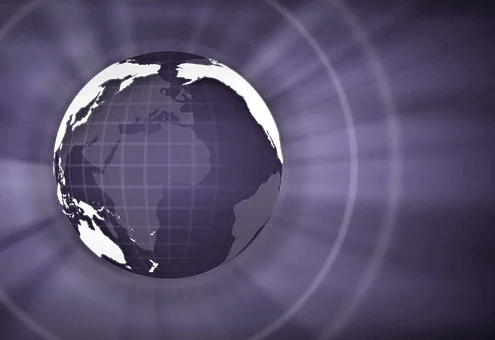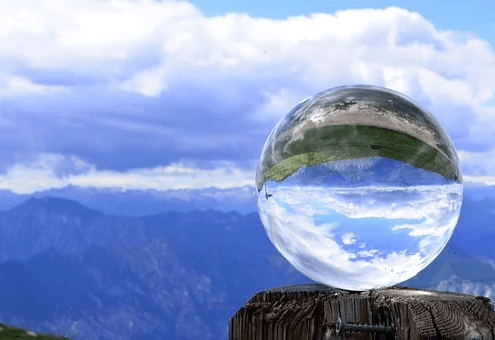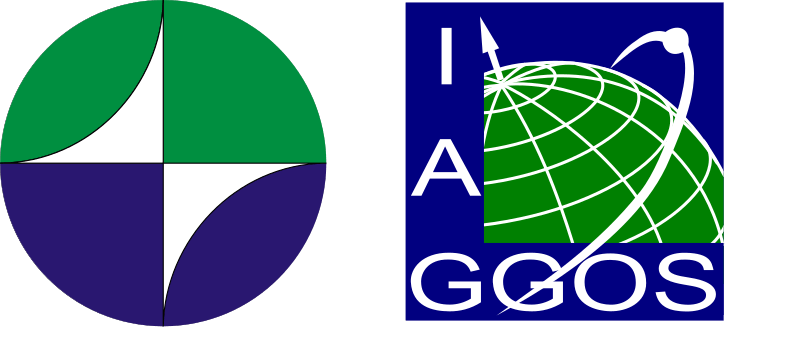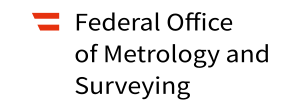 © Pexel-Pixabay
© Pexel-PixabayGGOS Structural Organisation
The framework for routines in everyday working life to find out who has to do what and with whose support to align all energies with the goals of the observing system GGOS. Discover more ...
 © Pexel-Pixabay
© Pexel-PixabayGGOS: A Long and Strong International Collaboration in Geodesy
Modern Geodesy should be viewed from the global perspective and efforts of all branches of this science should be bundled to serve one and the same goal: the scientific understanding of the System Earth to address societal challenges. Discover…
 © Pexel-Pixabay
© Pexel-PixabayA Modern Network of Geodetic Sensors for the Observation of the Earth
The wide-range of signals emitted by changes in the System Earth are not detectable by a single measurement technique. While positioning techniques (VLBI, SLR, GNSS, DORIS) have demonstrated be an efficient tool to determine the kinematics of…
 © Pixabay
© PixabayHigh and Consistent Performance through Standardisation
Different geodetic sensors register different System Earth signals. To produce an integral and global picture of this System, all geodetic observing techniques and analysis methods should be brought together consistently. The same standards,…
 © Pexels
© PexelsGeodetic Space Weather Research
Space weather describes physical processes mainly caused by the Sun’s radiation of energy in the magnetosphere, ionosphere, thermosphere, and exosphere. Severe space weather events have strong damaging impacts on modern society. They can for…
 © Pexels
© PexelsGNSS Enhanced Tsunami Early Warning System
Geodetic observations have a clear role in helping to reduce the risk of disasters, as well as contribute to disaster preparedness with better mitigation and response. The GGOS Focus Area “Geohazards” successfully submitted content for the…


